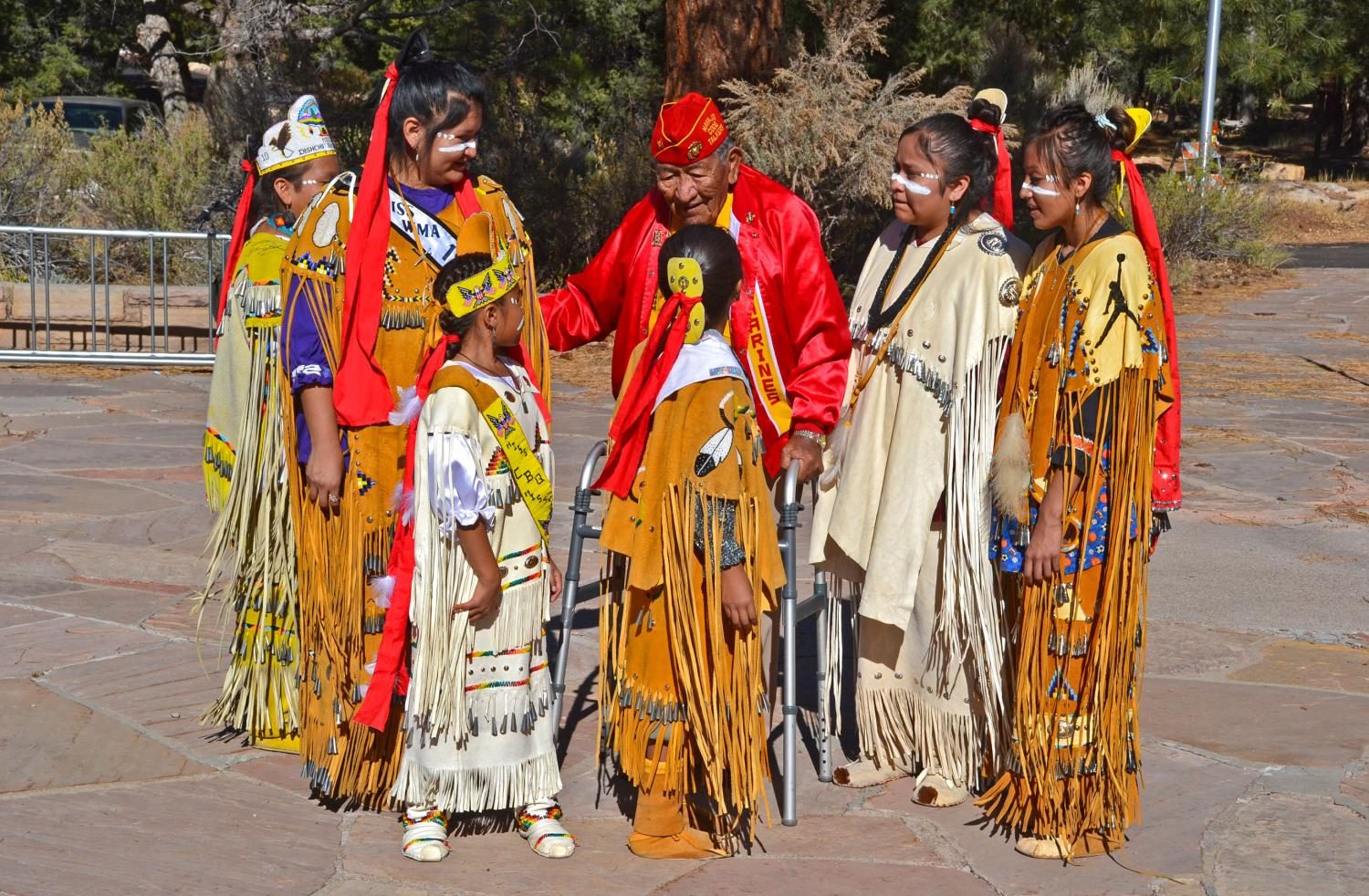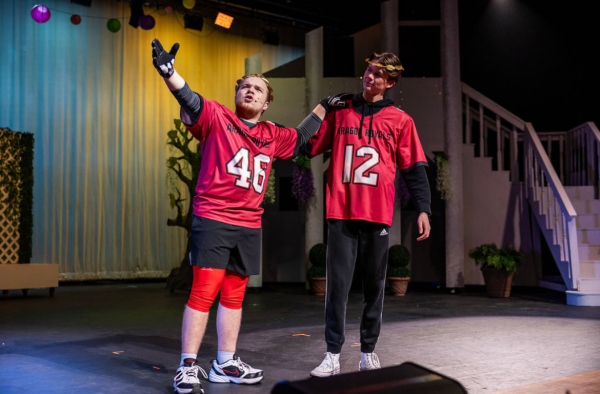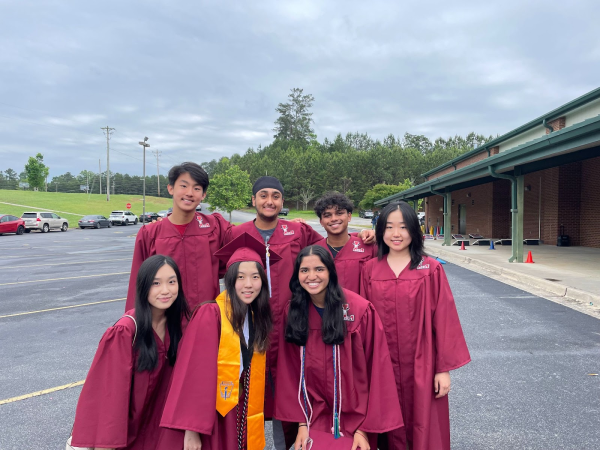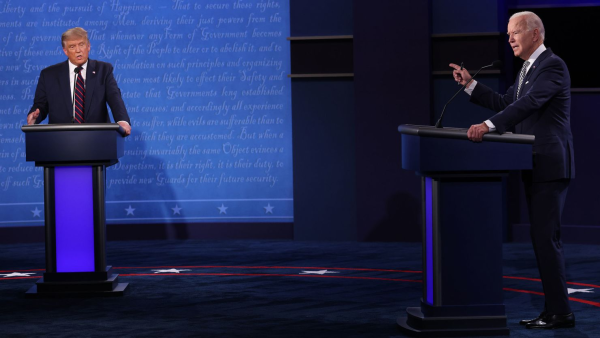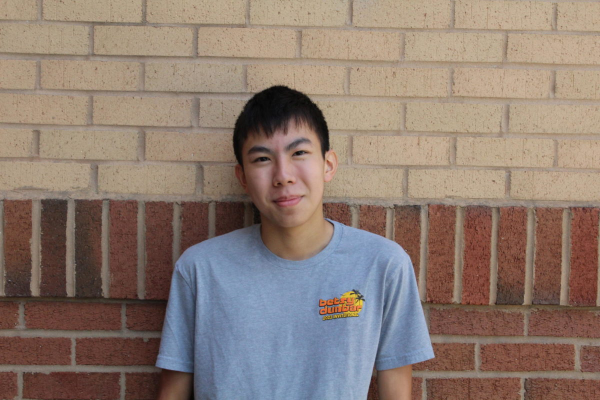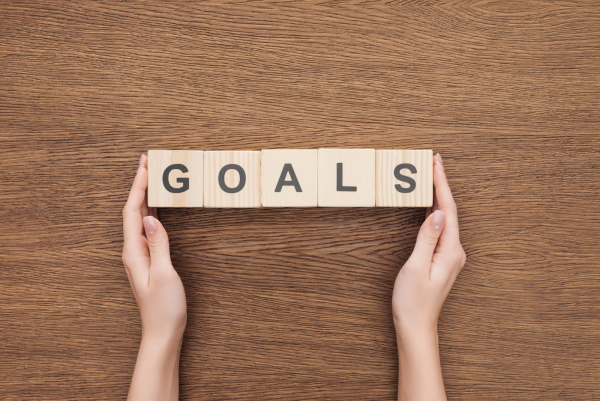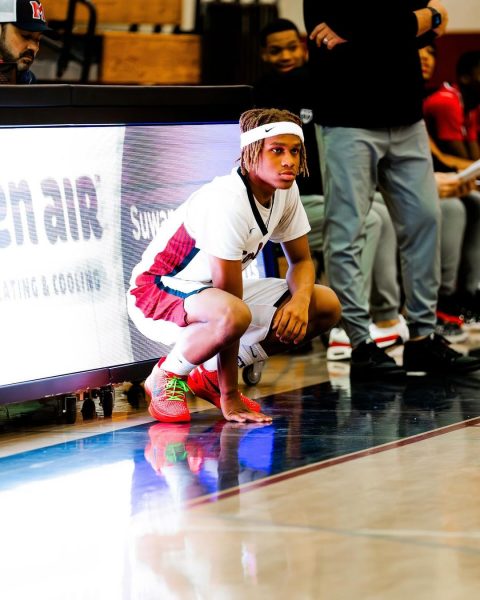The influences of Native Americans on American society
On November 18, 2010 Grand Canyon National Park celebrated Native American Heritage Month, a time to honor the numerous accomplishments, contributions, and sacrifices of the indigenous peoples of North America. In this photo, Dan Akee, a WWII Veteran and Navajo Code Talker from the Diné Nation, talks with members of the Dishchii’ Bikoh’ Apache Group. Photo by Michael Quinn, published Nov. 18, 2010, Some rights reserved, license link: https://creativecommons.org/licenses/by/2.0/, Original link of work: https://www.flickr.com/photos/grand_canyon_nps/5189047780/in/photolist-U5ESN3-8Uxe83-nfPx72-86HcPz-86LsMW-eUQBHN-7eQ92y-dvbfLf-c5QYJQ-fHLiqS-5Y5ccV-8Rqdha-5Y9snN-aB55bP-86Lmch-5Y5c2P-86LmG5-86LgLd-4fXn8x-eWMTUQ-8ggEzN-ntsJKX-8Uu91H-dsGEMH-8UxdK7-86FasK-8hMz4-86JmgS-86LhDq-9aLXA-86H7vx-86FafZ-86Hauk-86F9hT-86Lq3d-86H5We-eUDgAZ-fcEcP4-86LpK5-aHJ56D-86Ljff-aHJgQv-86Lg5s-86H1Jk-86Lt4Q-aHJhmB-5Y5e3n-aHJhdr-4g2ni7-ktRQ1k/
Native Americans have, quite obviously, been with America from the very beginning. Throughout the entirety of American history, various tribes and individuals have played crucial roles in shaping the country we know today. Even throughout their brutal decline and the nearly third world conditions many still live in today, Native American groups still continue to influence cultural and political movements.
There’s no day better to laud the achievements of a group of people than Columbus Day. Until the mid-1700s, Christopher Columbus wasn’t widely known in mainstream America. A lot of the glorification of Columbus seen today originated from Washington Irving’s A History of the Life and Voyages of Christopher Columbus, a bestseller published in 1828 that is credited for spreading the myths that Columbus was extremely benevolent to the natives he met and that most people thought that the Earth was flat until Columbus’s journey. However, this glorification was a lifeline to Italian immigrants in the late 1800s, who suffered against severe religious and ethnic discrimination and even brutal violence at times. Many saw Christopher Columbus as a medium of gaining widespread acceptance for Italian Americans, since he provided proof that the country of Italy had been involved in the discovery and settlement of America. In this way, the diffusion of the achievements of racial and ethnic groups helps celebrate the contributions of the countless individuals and groups that laid their mark on America’s history and culture.
In history classes, Americans generally acknowledge that oftentimes the survival of the Europeans that settled in the New World depended on the generosity of nearby indigenous tribes. The story of the first Thanksgiving and the generosity of Squanto and the Wampanoags is remembered year after year. The colonists of Jamestown, who before the leadership of John Smith would rather starve than farm, grew more and more dependent on the Powhatans for food. Although these very same tribes were very quickly either eradicated or driven off of their land, the mark they left on colonial America is undeniable. Some historians argue that Native American governments, most notably the League of the Iroquois, served as models of federal republics for the Founding Fathers when drafting the Constitution. Native Americans also spread an incredibly important concept: hygiene. Outside of the Jewish community, most Europeans didn’t regularly bathe. On the other hand, most of the Native American tribes they encountered in the New World bathed daily and washed their hands before eating.
Another more known achievement is the food they introduced. Various Native American tribes were responsible for domesticating many plants which have become staples all over the world: corn, potatoes, sweet potatoes, peanuts, pumpkins, tomatoes, papayas, avocados, pineapples, chili peppers, and chocolate just to name a few, as well as being the first to raise turkeys, guinea pigs, and llamas. Outside of food, Native Americans cultivated plants with other uses such as cotton and tobacco, two cash crops that had significant effects on America’s economy and development. The Aztecs, Mayans, and Olmecs were making rubber from natural latex for thousands of years before Charles Goodyear “invented” it in 1839. Countless other inventions seen in everyday American life can be credited to Native Americans. Native Americans have made considerable contributions to pharmaceuticals, discovering medical uses for thousands of plants including quinine – which is still used to this day in order to treat malaria – and salicin – the main ingredient in modern aspirin. Pre-Columbian South American natives were using syringes made from hollow bird bones attached to small bladders long before Alexander Wood is said to have invented them in 1853. 200 years before Gregory Goodwin Pincus and Margaret Sanger created an oral contraceptive pill, American natives were ingesting herbs to prevent pregnancy. Native Americans also sunk oil pits in Pennsylvania 400 years before Edwin L. Drake supposedly discovered oil in the US. Iroquoian tribes invented bunk beds and have been acknowledged for invented lacrosse. That’s only the tip of the iceberg. Popcorn, chewing gum, baby bottles, baby formula, pest control, hammocks, hockey, parkas, sunscreen, the list goes on and on.
Of course, many of the previously listed examples are old achievements, innovations made before these tribes were subjugated. Yet, the history of Native Americans doesn’t end there. Let’s not discount the various individuals and groups of Native American descent whose efforts have left a lasting impression on the American psyche in modern times. Take music for example. Rumble: The Indians Who Rocked the World is a documentary that explores the roles of Native Americans in popular music. The list of significant musicians of Native American descent includes some surprisingly familiar names, such as Jimi Hendrix and Bob Dylan. Native American influence can be seen in several other American music genres, from the blues to rock and roll.
There’s also the work of the code talkers in World War II, who combatted amazingly adept Japanese cryptographers who were well-educated in English. Although the Navajo, or the Diné to use a name not derived from the Spanish word for stealer, are often associated with code talkers, many code talkers came from other tribes such as the Choctaw and the Cherokee, who both pioneered code talking. These codes greatly reduced the loss of American lives. In fact, the participation rate of Native Americans in military service is higher than for any other ethnic group in the U.S.
It’s indisputable that various Native American tribes and individuals have made lasting contributions towards shaping the society we live in today.The examples listed in this article barely scrape the surface of the numerous achievements and influences of the on both this country and the world as a whole. Although the brutalities and tragedies Native Americans have faced to this day are definitely deplorable, that isn’t the only facet of their history that should be remembered. Just like how in Black History we remember the achievements of a group that has been largely dismissed throughout the majority of America’s history, Native American Heritage Month, which takes place in November, is a time to celebrate the importance and beauty of the people who have always been an intrinsic part of America.
Your donation will help support The Lambert Post, Lambert High Schools student-run newspaper! Your contribution will allow us to purchase equipment and cover website hosting costs.



